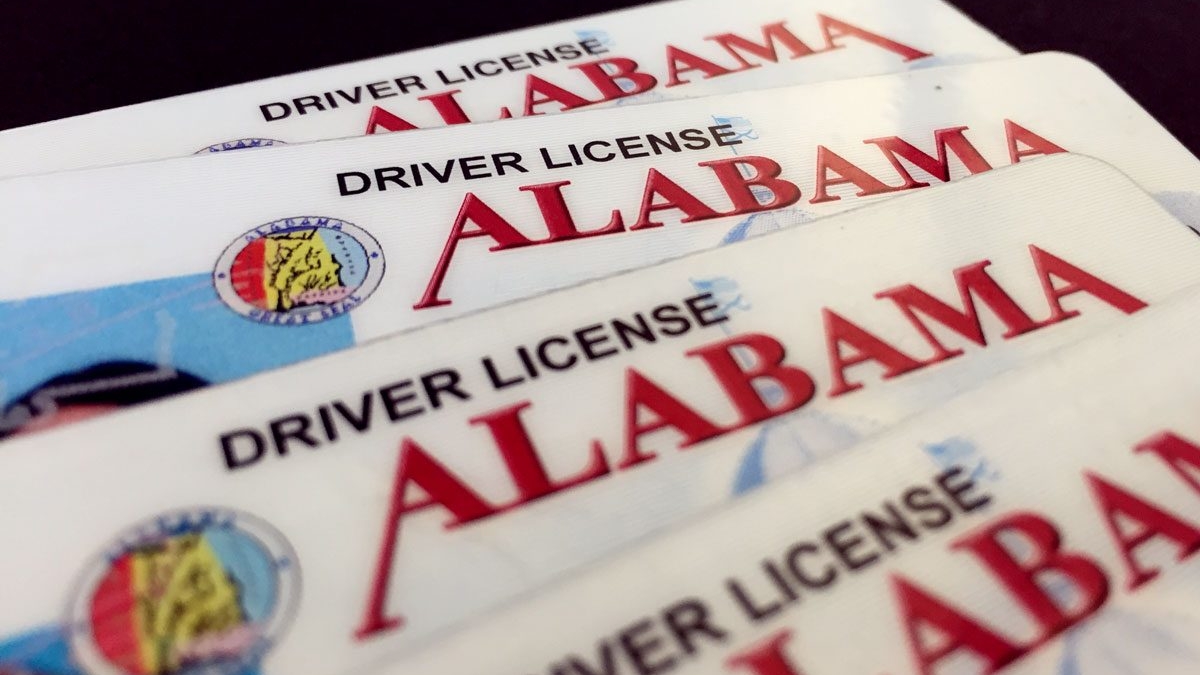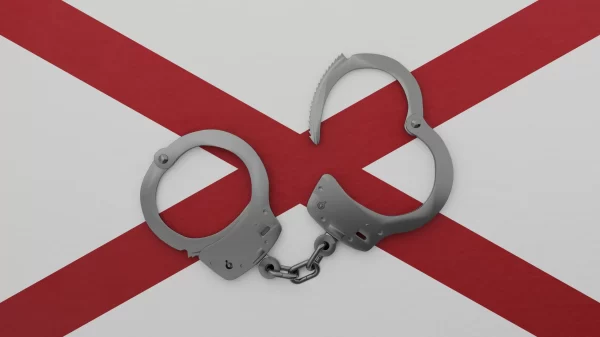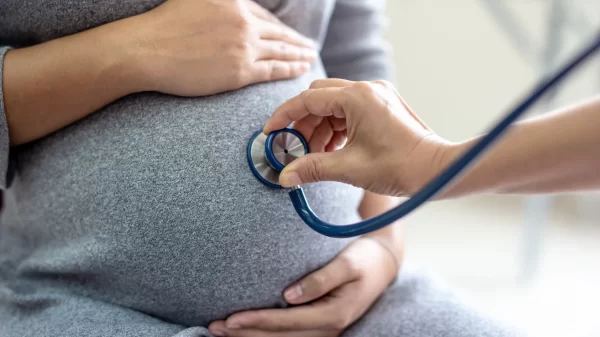|
Getting your Trinity Audio player ready...
|
A session on reincorporating formerly incarcerated individuals into life outside of prison was held during the seventh annual Civic Institute, an event created by the David Mathews Center for Civic Life and held at the American Village site outside Montevallo on Friday that featured discussion of an often overlooked injustice that individuals leaving correctional systems face: the lack of official identification.
The lack of identification for incarcerated individuals once they leave a correctional facility has profound effects on their ability to locate housing, employment, and access to financial and civil services and benefits after they re-enter society, the five-member panel highlighted on Friday.
The Alabama Department of Corrections reports that 10,465 individuals were released in 2021, but no state-level data exists to measure the amount who are released without government-issued identification.
According to the National Conference of State Legislatures, approximately 17 states have passed laws to mandate or aid incarcerated individuals in gaining identification upon re-entry. In 2021, the Alabama state legislature passed an act requiring that the Alabama Department of Corrections help incarcerated individuals obtain a birth certificate, social security card, and additional documentation prior to release.
In April, Auburn University’s Office of Public Service received a $60,000 grant from the Financial Health Network’s Financial Solutions Lab to begin a correctional system mapping and pilot project designed to aid incarcerated individuals and committed youth in obtaining government-issued identifications. In collaboration with a number of state and county-level agencies, including the Alabama Department of Corrections and the Shelby County Sheriff’s Office, the program initially identified ten incarcerated people for the program.
One of the partners in the program was the Alabama Department of Youth Services, whose facility at Mount Meigs in Montgomery County was able to provide official government-issued identifications to 45 young men and five girls, according to Bridget McDonald, a campus administrator for Mount Meigs Youth Facility.
“The impact was tremendous,” McDonald said during the panel Friday. “A lot of the kids had never seen their birth certificate; a lot of the kids didn’t know about their social security card, so it created a dialogue between me and them about the things they’re going to need to be successful.”
Although initially engaged, the ADOC withdrew from the pilot program, citing accounting difficulties with the cost of obtaining government-issued IDs, but maintaining that they would address the issue in different ways, according to the panel moderator and pilot program head Hollie Cost. Cost is the Assistant Vice President for University Outreach and Public Service at Auburn University, as well as the former mayor of Montevallo from 2012 to 2020.
“They participated in the whole remapping process, gave us some great feedback,” Cost said, referring to the ADOC. “But then when it came time for our pilot implementation, they indicated that their accounting system couldn’t handle the processing of the funds that it would take to secure IDs for ten people.”
Tori Ho, a community engagement coordinator at Nebraska Medicine who, while a graduate assistant under Cost, was instrumental in securing the grant necessary to fund the project, spoke on the importance of these IDs.
“The IDs are essential to civic life once these individuals are released from their sentence,” Ho said during the discussion on Friday. “Once they leave their institution, no one knows who they are.”
“If the prisons did what they were supposed to and get guys these IDs–, it would make our jobs so much easier,” said Ronald McKeithen, a formerly incarcerated advocate who now serves as the Re-entry Coordinator and an advocate at Alabama Appleseed, during the panel discussion on Friday.
McKeithen shared his experiences of obtaining official identification after leaving prison, noting the waiting and frustration experienced by the Alabama Appleseed team aiding him.
“I can remember times when we had to just sit up and listen to elevator music, waiting for someone to come to the phone,” McKeithen said. “Even going to the Department of Health, we had to meet people outside the backdoor.”
Deborah Daniels, co-founder and executive director of the Offender Alumni Association, mentioned the importance of support systems for individuals leaving prison.
“When you’ve been in prison and you come out, there are just simple things that you do not know,” Daniels said, who herself had been a repeat offender prior to becoming an activist, in the discussion on Saturday.
“Everybody’s journey is very different, and there are a lot of things that individuals who are returning need,” Daniels said. “But I think the most critical component is having that support.






















































